Deadlocked: economics versus the environment at New Zealand’s NZ$1bn sand mining project
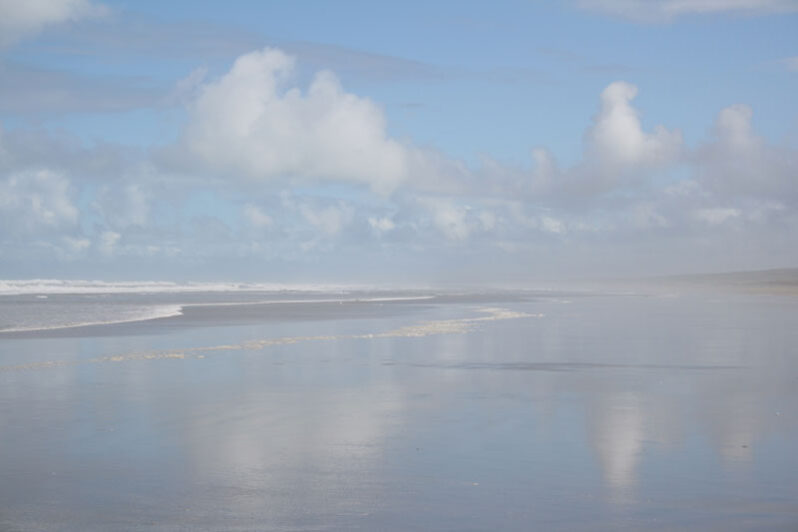
Trans-Tasman Resources has been involved in a protracted legal battle over a proposed sand mining project off the New Zealand coast, which would see 50 million tonnes of sediment lifted and processed a year to mine for iron ore beneath the waves.
Tsunamis pose significant hazard to the south eastern and western coasts of Ireland, new study suggests

Tsunamis pose a significant hazard to the south eastern and western coasts of Ireland, according to wave experts at University College Dublin and Geological Survey Ireland.
Illegal sand mining a deadly beat for India’s journalists

The recent killing of a reporter in India’s Uttar Pradesh state has exposed the dangers for journalists covering illegal sand mining and construction in the country. The sand mining industry is laden with corruption, and this puts journalists who cover the topic at an increased danger.
We need to adapt fast to erosion and rising sea levels to manage coastal risks
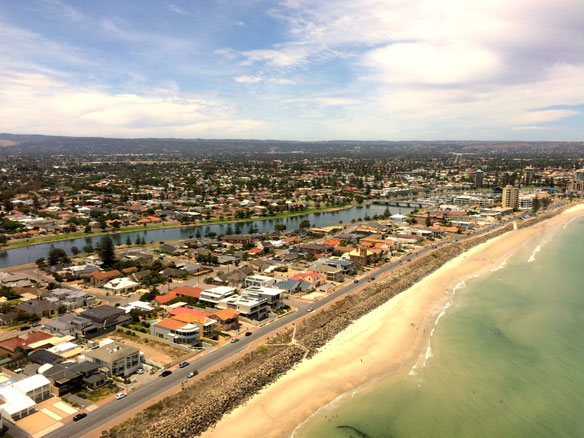
The impact of rising sea levels and coastal erosion will see shorelines retreat steadily and provide major challenges for planning authorities, according to a new research.
Why so hot so early in the summer?
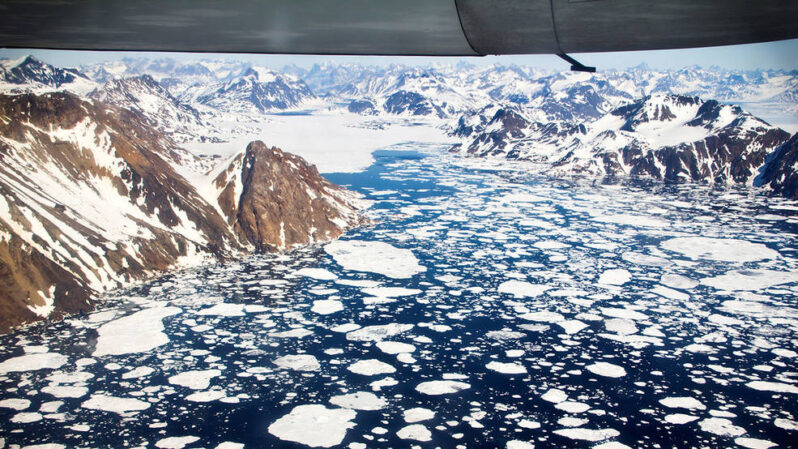
Alarmingly, though, the summer solstice this year saw one rather unexpected region hit an all-time high: Verkhoyansk, Russia—north of the Arctic Circle—recorded a temperature of 100.4°F, the hottest it’s been there since 1885.
Historic Michigan tribal burial ground threatened by coastal erosion
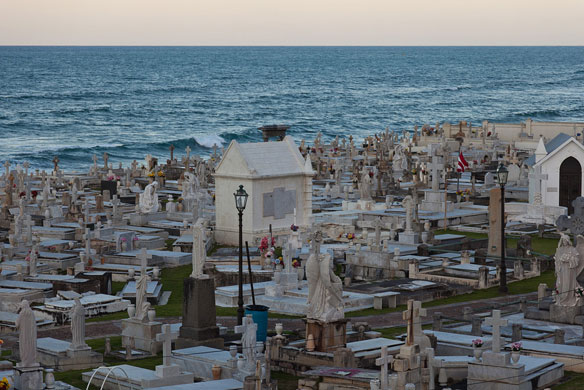
In June of 1662, hundreds of Native Americans from the Iroquois nation were killed on the shore of Lake Superior by local Chippewa defending their land. Now, 357 years later, the burial site of local natives killed in that battle is being threatened by an eroding shoreline fueled by the rising water levels of Lake Superior.
Major 7.4 Quake Hits Southern Mexico, Triggers Local Pacific Tsunami
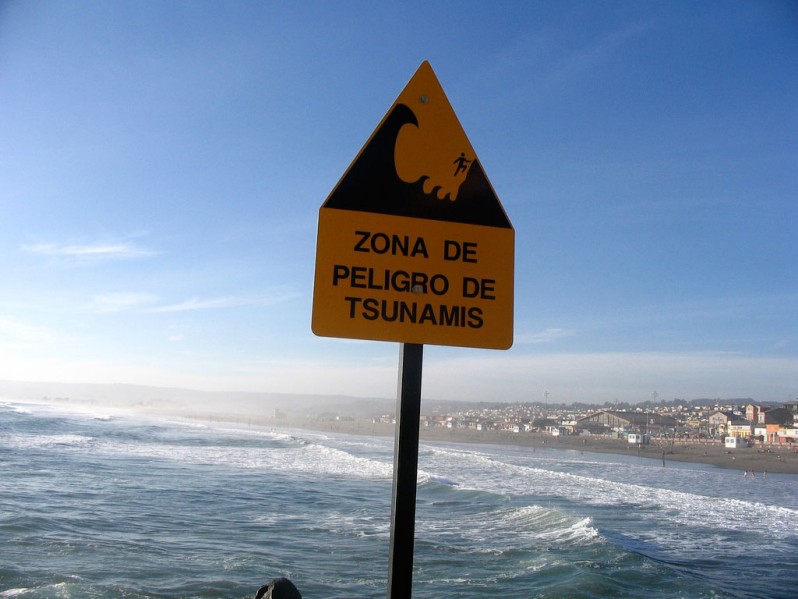
A powerful 7.4 magnitude earthquake struck southern Mexico on Tuesday, triggering a tsunami warning along Central America’s Pacific coast and as far south as Ecuador.
Research in land plants shows nanoplastics accumulating in tissues
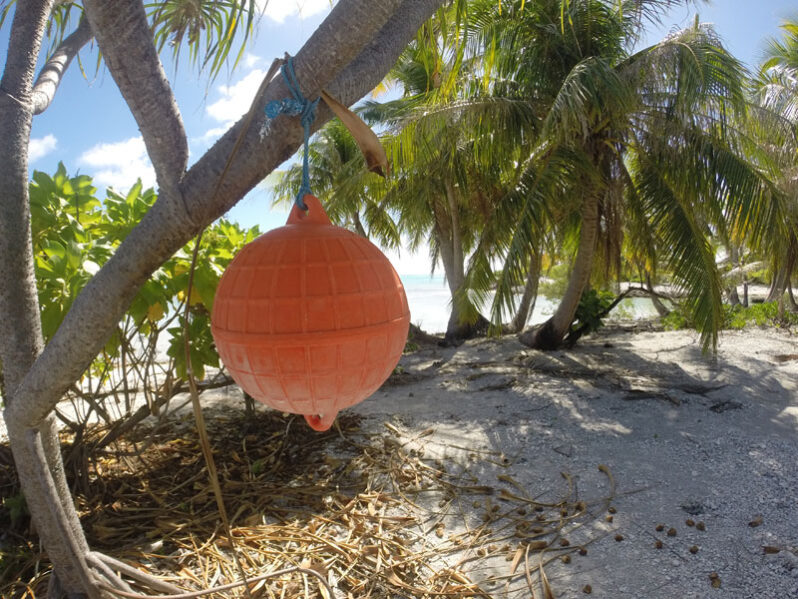
The latest findings provide direct evidence that nanoplastics can accumulate in plants. Plant accumulation of nanoplastics can have both direct ecological effects and implications for agricultural sustainability and food safety.
Why the Mediterranean is a climate change hotspot
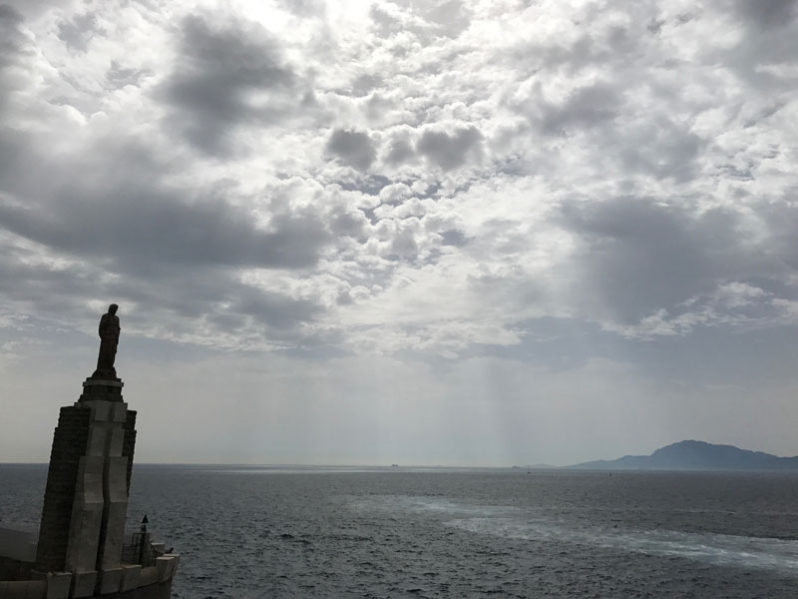
Although global climate models vary in many ways, they agree on this: The Mediterranean region will be significantly drier in coming decades, potentially seeing 40 percent less precipitation during the winter rainy season.
